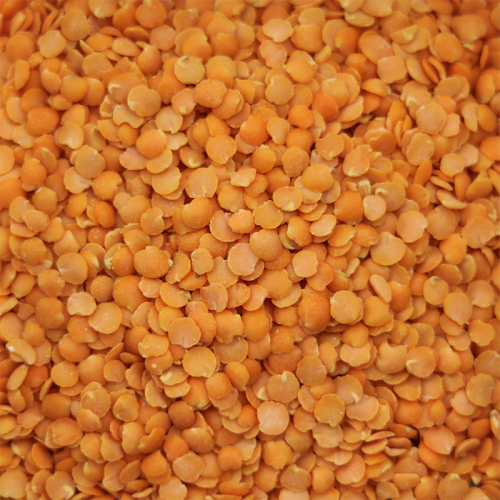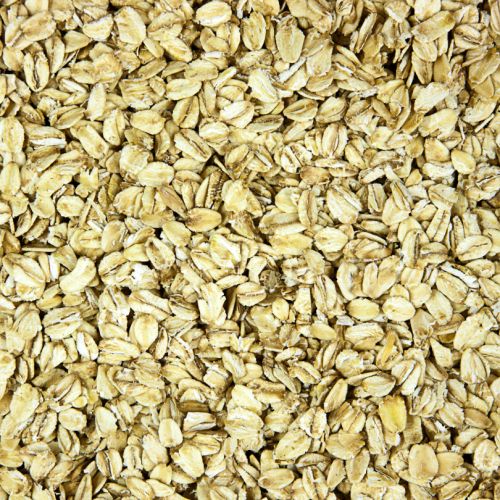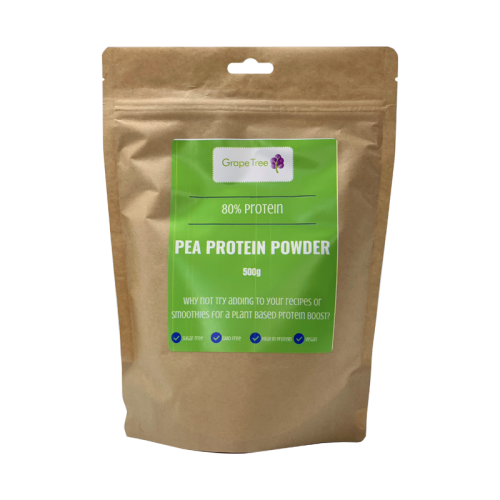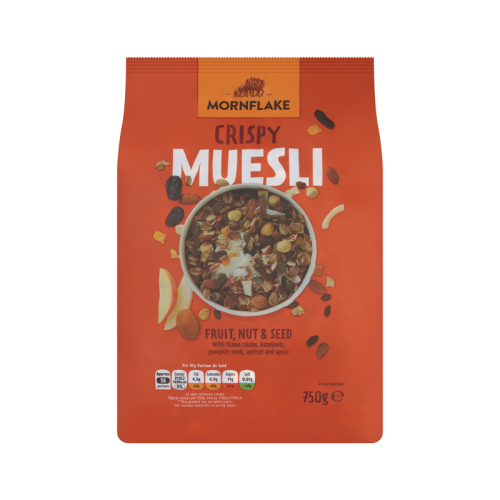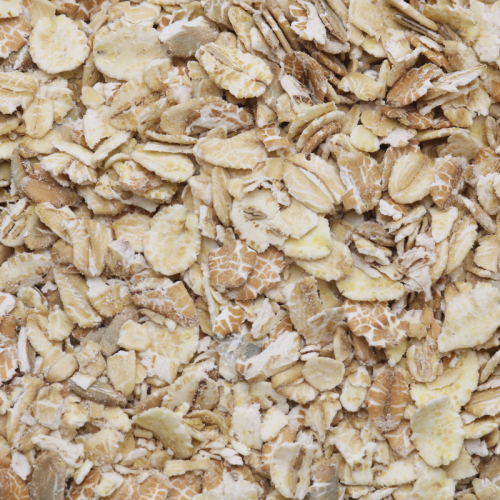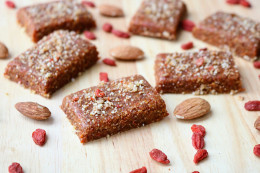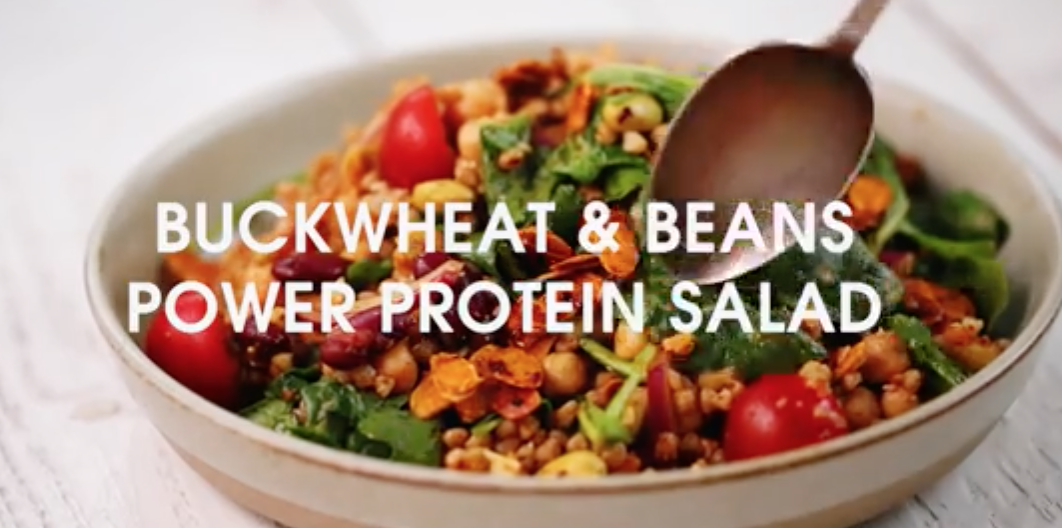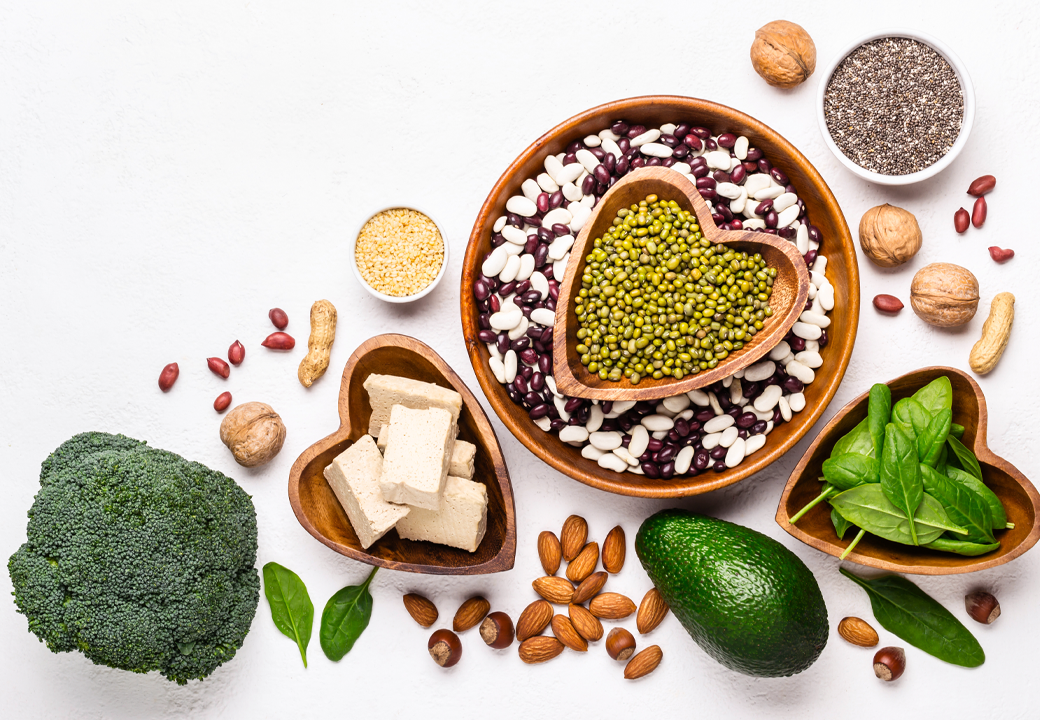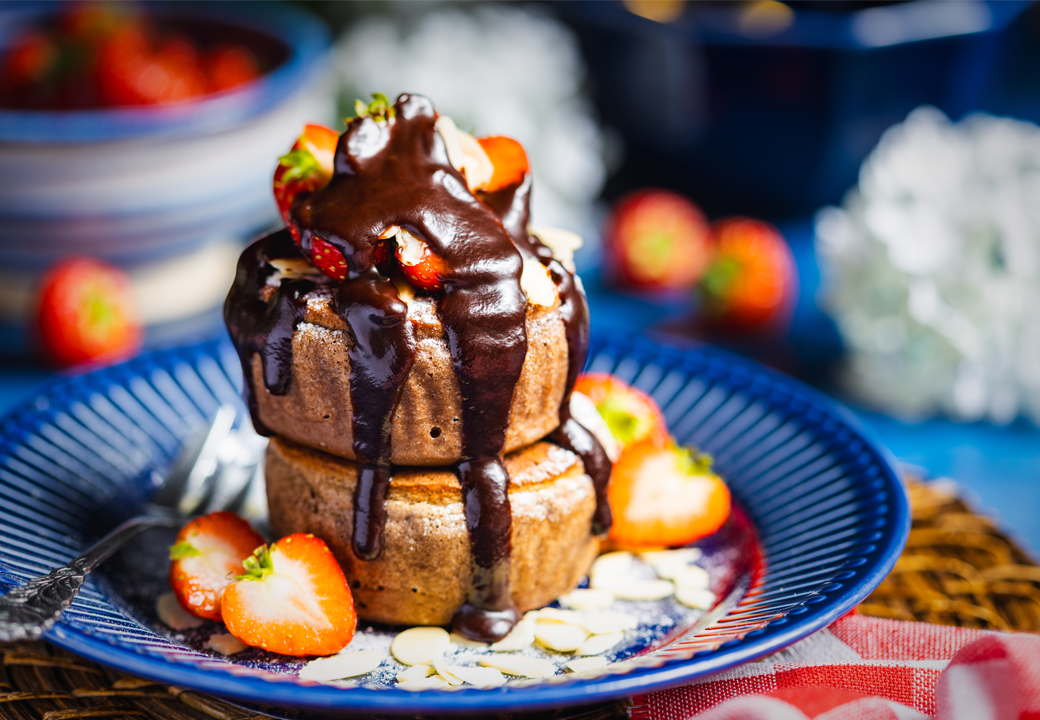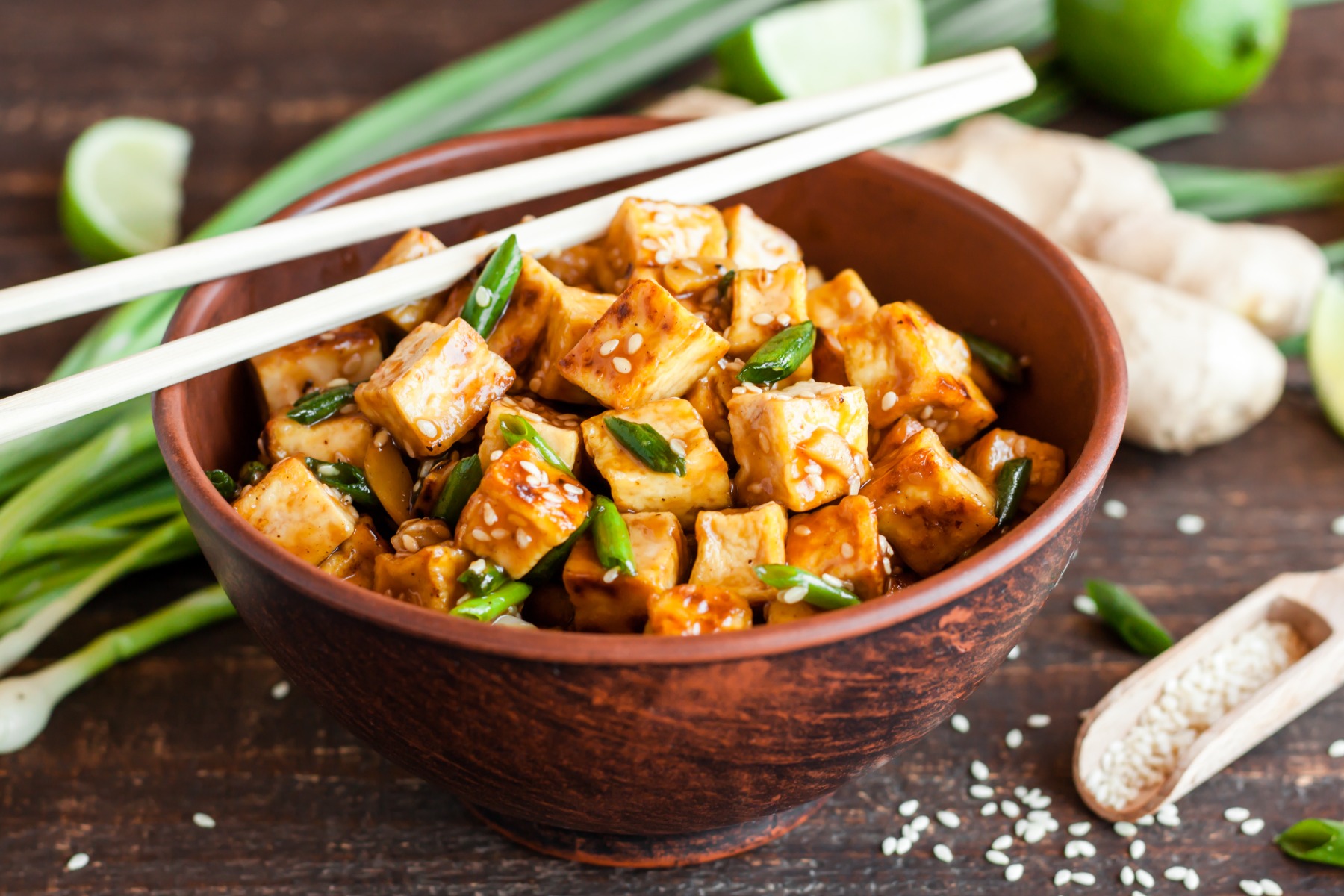

Photo Credit: "© [yuliiaholovchenko] / Adobe Stock
Following a vegan lifestyle is extremely rewarding. It’s excellent for the planet, cruelty-free and gives you tonnes of fibre. But there’s one common struggle: getting enough vegan protein.
Contrary to popular belief, hitting your protein intake without meat and dairy is more than doable. All you need is the right food and a little thought into what you’re eating. So, stay tuned for our guide on following a plant protein diet.
How To Get Essential Vegan Protein
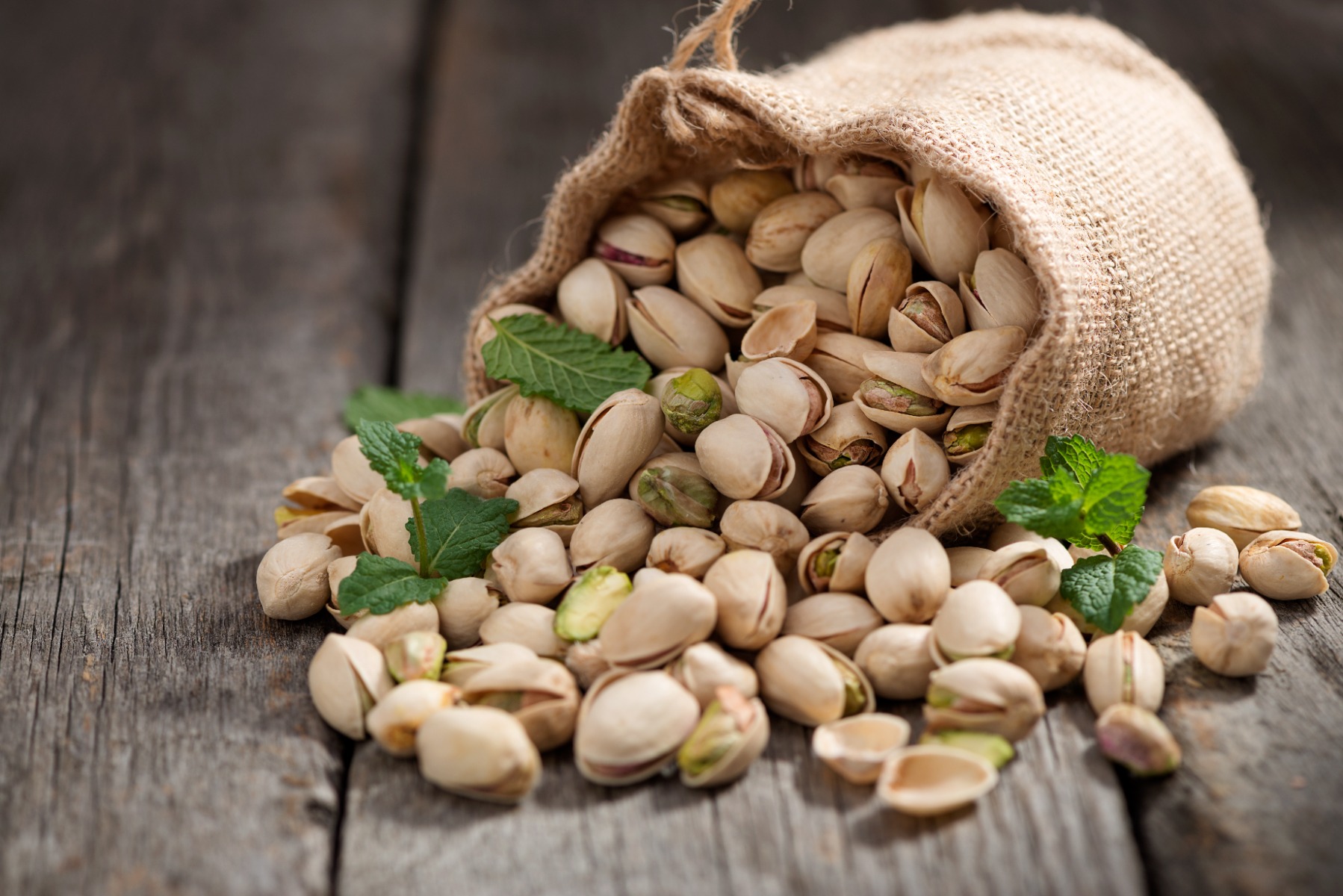

Photo Credit: "© [Nelea Reazanteva] / Adobe Stock
You need approximately one gram of protein per one kilogram of body weight. So, if you weigh 50kg, you will need 50g of protein. But, as a rule of thumb, women need around 45g, and men require 55g.
How much protein you eat also depends on your health goals. If you want to build muscle on a plant-based diet, you should aim to consume more. Perhaps you’re focusing on growing healthy hair, in which case you should up your protein intake for stronger locks. Or you could be finding it hard to get your minimum protein requirement on a vegan diet.
Regardless of your reasons, here are the best ways to get your daily protein intake on a plant-based diet.
Start The Day With Vegan Protein Breakfast
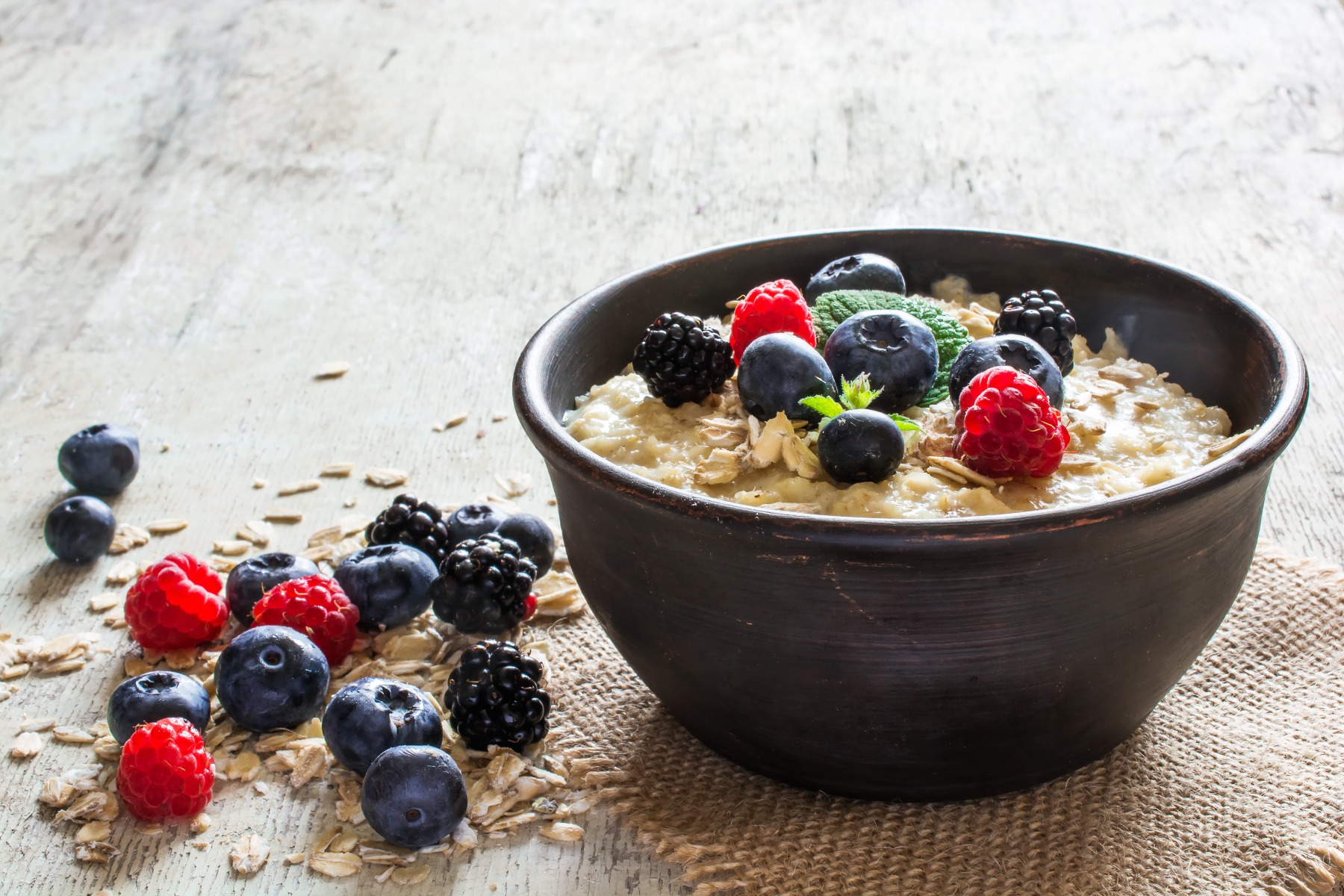

Photo Credit: "© [samael334] / Adobe Stock
The secret to hitting your protein goals is starting the day strong with a plant-based protein breakfast. That way, you won’t be playing catch-up the entire day.
Grape Tree’s Jumbo Oats are natural whole grains that contain 12g of protein per 100g and make the perfect oat porridge. You can inch up the protein ratio by cooking the porridge using soy milk, a potent protein source, and adding nuts and seeds.
You can also mix up your breakfast with our Muesli Base. It’s made from a nutritious blend of barley, wheat, oats and rye, giving you protein and fibre. Add your own toppings or choose Mornflake Crispy Fruit, Nut & Seed Muesli, which is pre-mixed with hazelnuts and pumpkin seeds for additional plant-based protein.
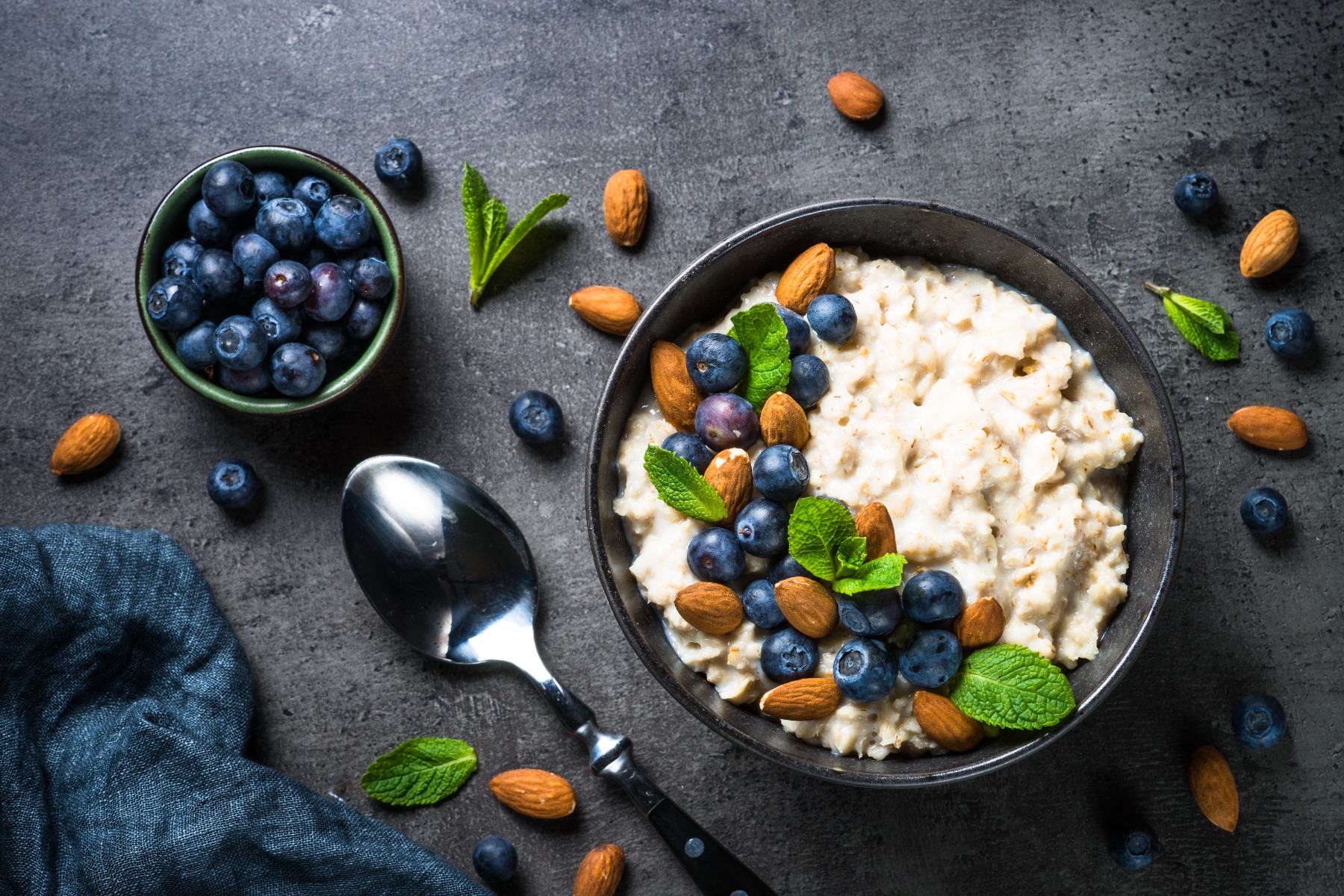

Photo Credit: "© [nadianb] / Adobe Stock
If you really want to pack a protein punch, pour yourself a bowl of 100% Organic Bran Sticks. The low-sugar breakfast cereal has 16g of protein per 100g, giving you energy and protein first thing in the morning.
If bran sticks are too savoury for you and you have a sweet tooth, we have a solution. Try our recipe for vegan protein pancakes made with pea protein powder and chocolatey cacao powder.
Eat Vegan Foods That Are High In Protein
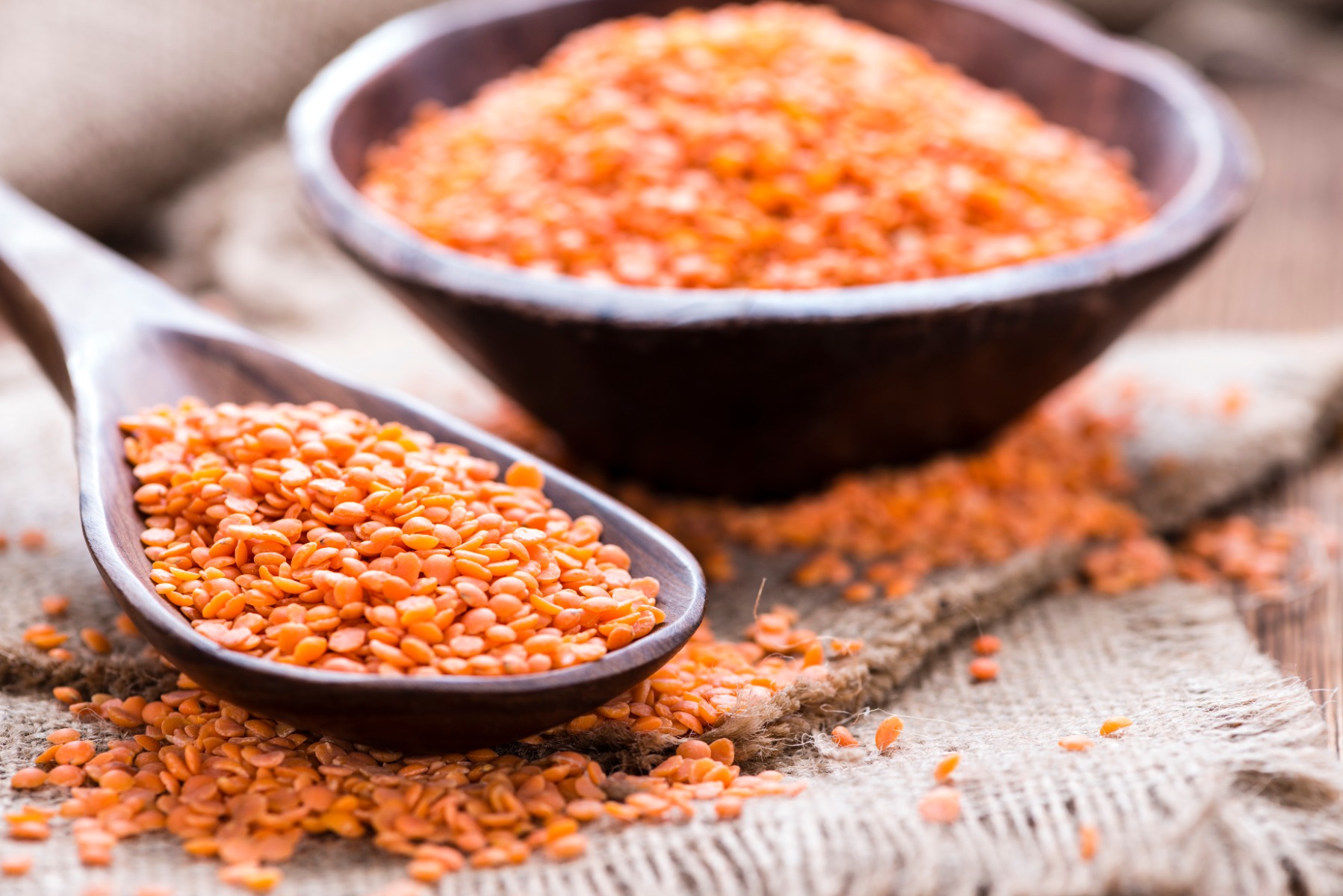

Photo Credit: "© [HandmadePictures] / Adobe Stock
An easy way to creep up your intake is to focus on organic plant-based protein foods. If you incorporate a few a day, you’re sure to reach your protein goal.
Red Lentils and Green Lentils have 24g of protein per 100g, and they taste great in Dahl, soups and lentil wraps. Chickpeas are a protein-dense food, with 21g per 100g and are fantastic in salads for summer or spicey curries during winter. You can also bake using chickpea flour for a protein-sweet treat.
You may not always have the time to cook lentils and chickpeas, which is why Organic Baked Beans are a https://en.wikipedia.org/wiki/Vegan_nutritionprotein necessity. Heat over the hob and have the beans with wholewheat toast for a quick protein lunch or snack.
Read more: 5 Plant-Based Proteins You Need to Know.
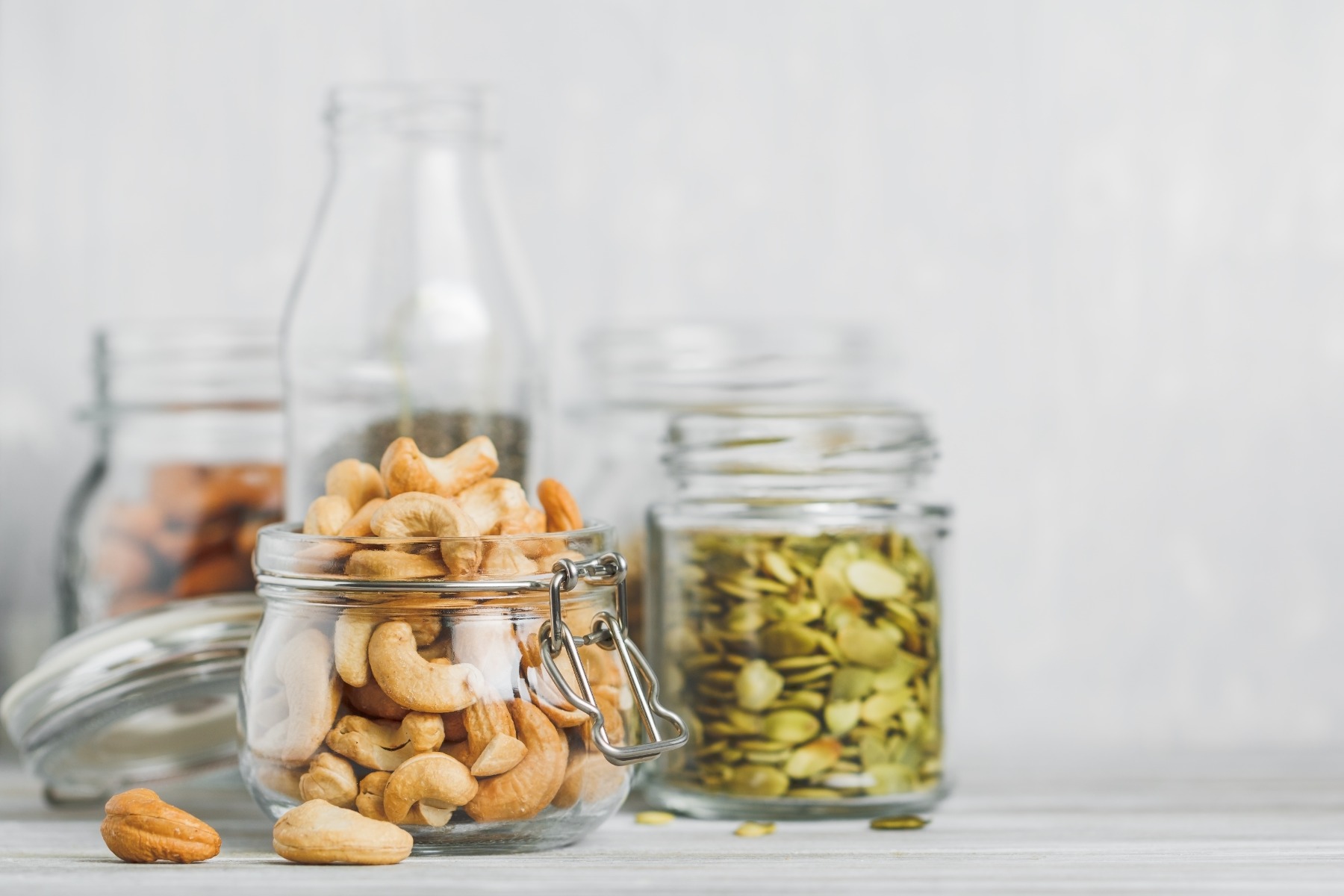

Photo Credit: "© [Edalin] / Adobe Stock
A small way you can sneak in more vegan protein is by nibbling on nuts and seeds. They’re also an excellent source of vegan collagen - crucial for glowing skin, strong muscles and flexible tendons.
Make delicious honey-coated Walnut Halves containing 15g of protein per 100g, or grab a handful of sweet almonds for a huge 21g per 100g. If you’re into plant-based muscle building, we recommend Hulled Hemp Seed Hearts, which are hemp hearts with the husk removed and have a whopping 31g of plant protein per 100g
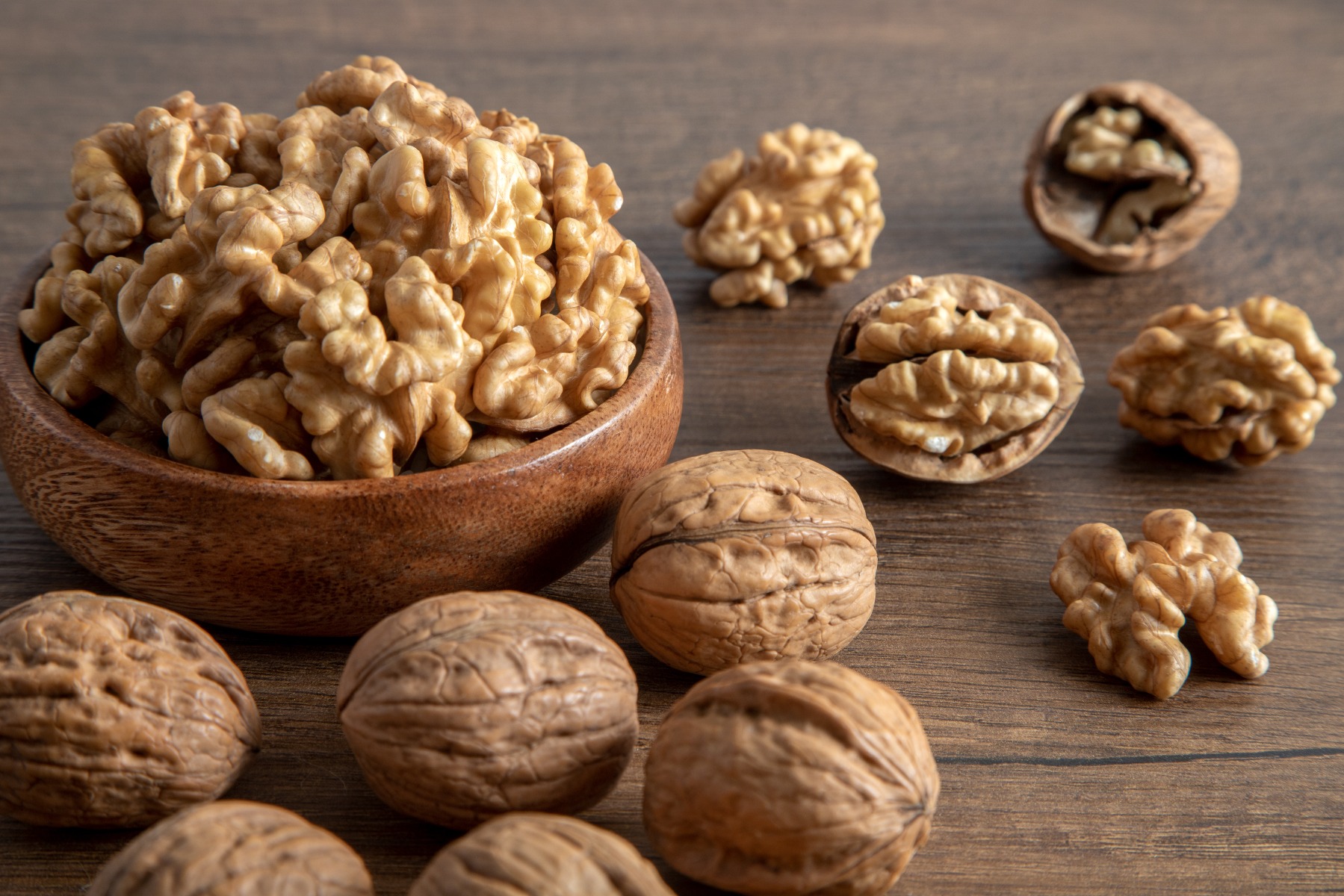

Photo Credit: "© [Wide Angle] / Adobe Stock
Sometimes, you don’t want raw nuts and would prefer a warm and comforting drink. In which case, you can make a heavenly Peanut Hottie. The buttery vegan-friendly powder is made with over 90% peanut flour and has 49.7g of protein per 100 grams. Just mix with a plant-based milk of your choice for a delectable protein treat.
Another surprising way to boost vegan protein is by sprinkling dishes with Chia Seeds and Linseeds. Not only are they protein-friendly, but they’re bursting with omega-3, amino acids, calcium and manganese.
Read more: 10 Fun Ways to Eat Chia Seeds.
Replace Meat With Healthy Non-Meat Protein
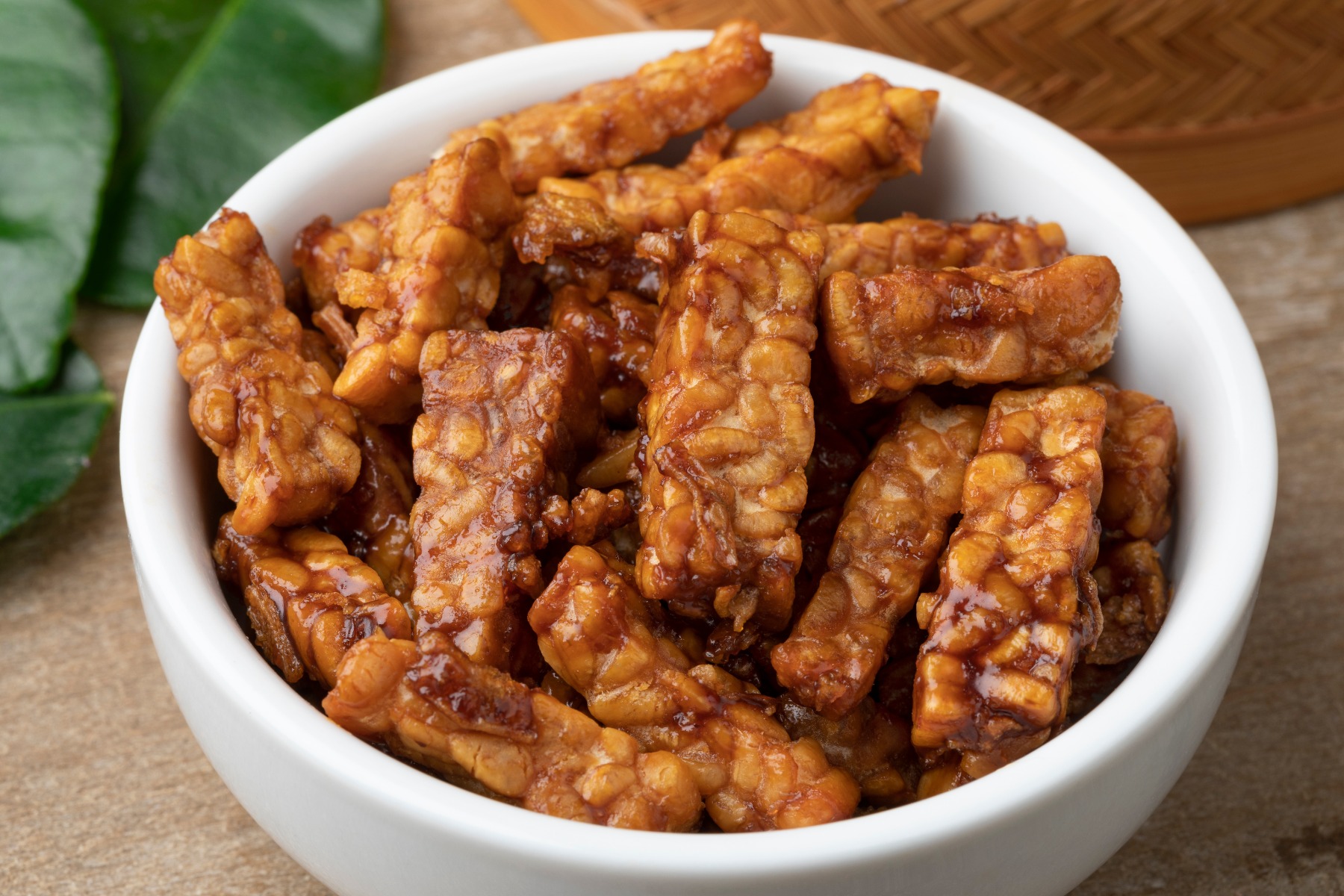

Photo Credit: "© [Picture Partners] / Adobe Stock
When you’re on a vegan diet, chicken, beef, and pork are off the menu. So, you need to replace them with high-protein, non-meat options.
Biona Organic Natural Tempeh is made from pressed, fermented soybeans with a strong, nutty flavour and crumbly texture. Add it to miso soup, pop into stir-fries, or make tempeh kebabs for a healthy meat alternative. Not only will it give you a dose of probiotics, but you’ll get over 16g of protein per 100g.
Read more: 5 Incredible Health Benefits Of Tempeh.
Use The Best Vegan Protein Powder
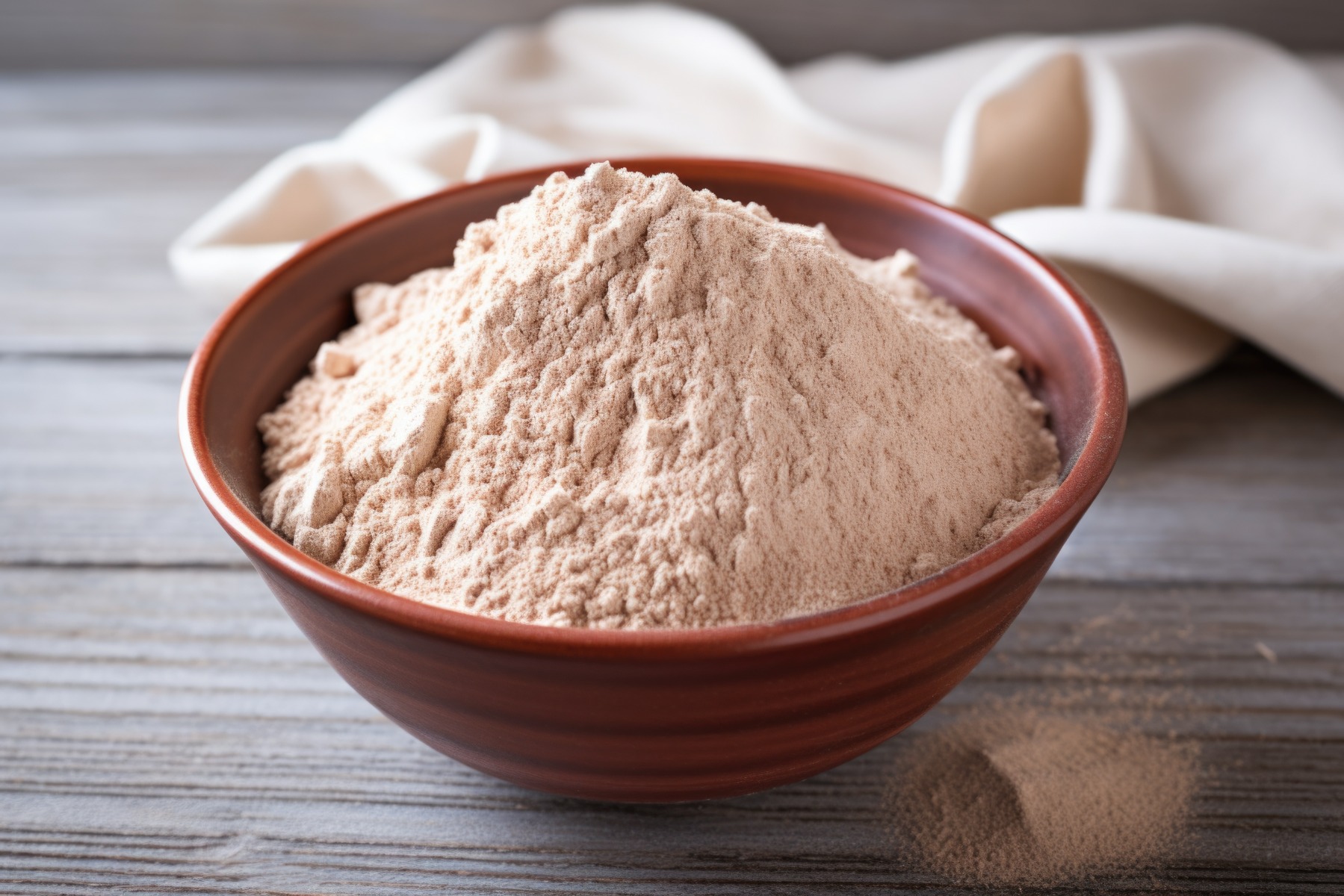

Photo Credit: "© [altitudevisual] / Adobe Stock
The best clean plant-based protein powders are Chia Seed Protein and Hemp Co Protein Powder, which you can add to almost anything. For unflavoured plant-based protein powder, try Pea Protein Powder. It’s made from 80% protein and tastes great with agave syrup in a plant-based nutrition shake or for vegan muscle building.
Get Enough Vegan Protein With Grape Tree
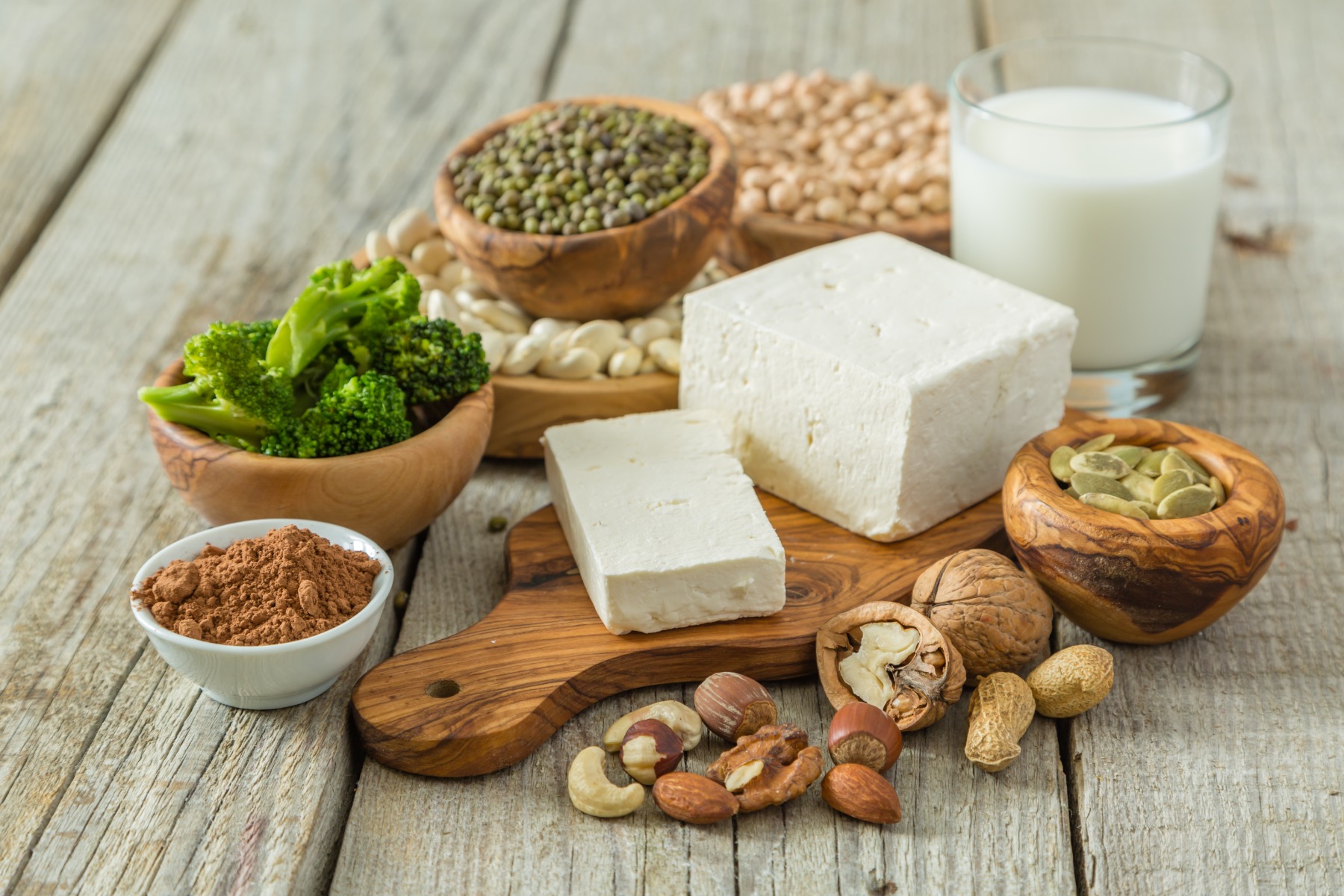

Photo Credit: "© [anaumenko] / Adobe Stock
With a bit of thought, you can see that it’s not that hard to get enough vegan protein. Start by incorporating high-protein plant-based foods into your diet and nibble nuts and seeds. And, if you need an extra push, top up by snacking on protein bars and shakes. Hit your plant-based protein goals with Grape Tree.
